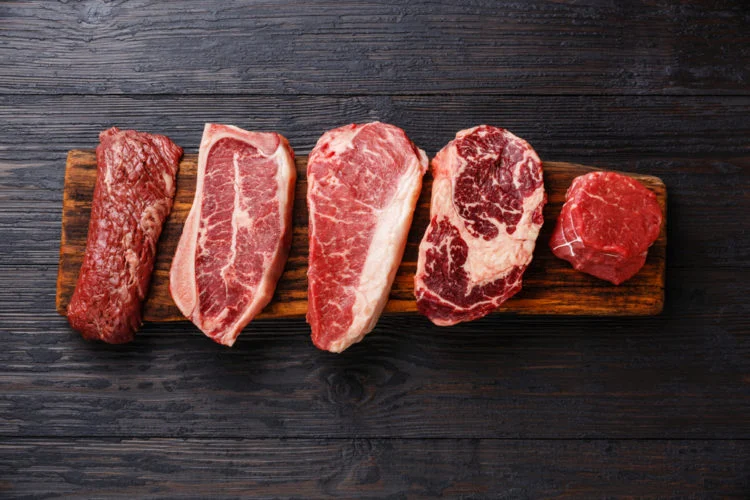According to T. Colin Campbell, director of the Cornell-China-Oxford Project on Nutrition, Health, and the Environment, animal protein could be considered one of the most toxic nutrients. As humans, we are often considered omnivores, willing to eat almost anything. However, our ancestors survived on a plant-based diet, unlike us opportunistic carnivores who will take advantage of meat when it’s available.
Contrary to the belief that meat eating is natural or ingrained in our genes, it is actually culturally mediated. In terms of anatomy, humans are more herbivorous than carnivorous. We lack the large canine teeth and sharp claws that true carnivores possess. Our ability to move our jaws from side to side, along with our large, flat molars, is more suitable for grinding fibrous plants rather than tearing flesh.

Carnivores have shorter digestive tracts, enabling them to process meat more efficiently, while humans have longer intestinal tracts designed for breaking down and absorbing nutrients from plant matter. The bacteria present in meat can multiply and cause food poisoning during the journey through our lengthy digestive system. Cooking meat has been pivotal in human evolution, as it pre-digests the meat through the denaturing of protein from heat.
Traditionally, meat consumption was a luxury reserved for the wealthy, but today, the average American eats over 200 pounds of meat per year. However, this increased consumption has led to various health problems such as heart disease, strokes, diabetes, and obesity. Furthermore, the production of meat requires a significant amount of water, with approximately 2,000 gallons being used for each pound.
** Click here to read the full-text **









